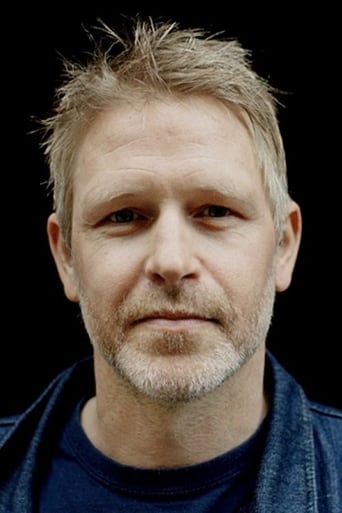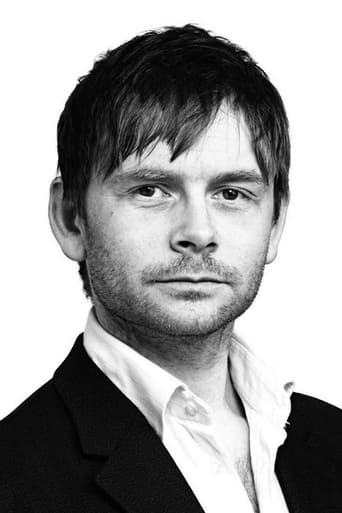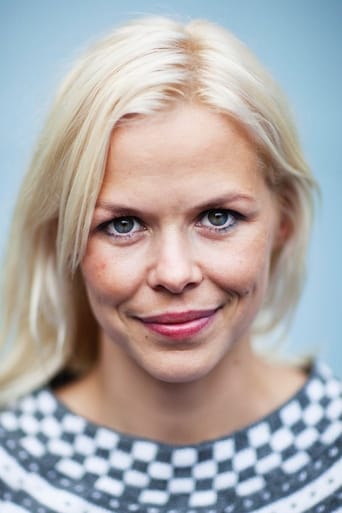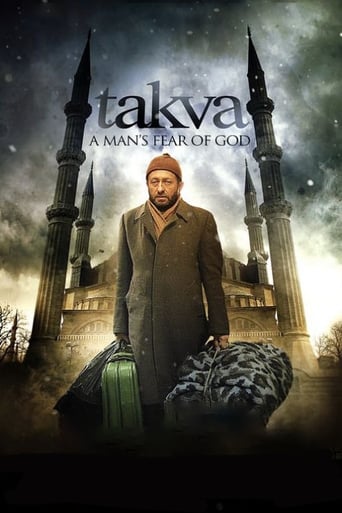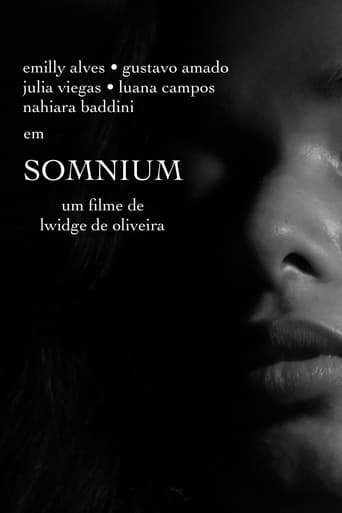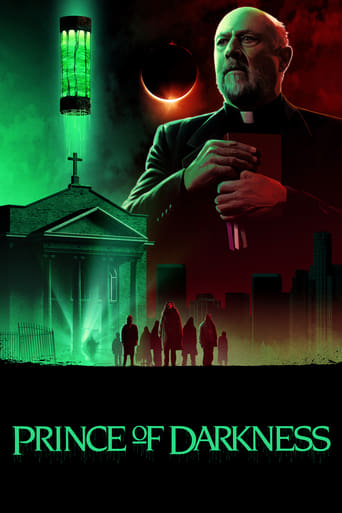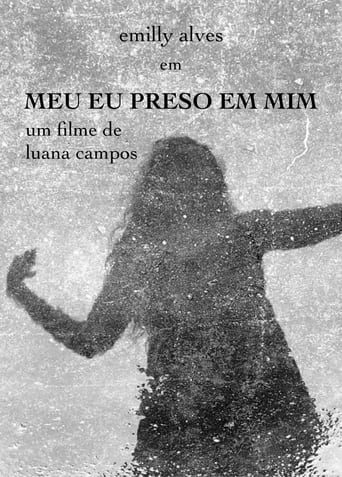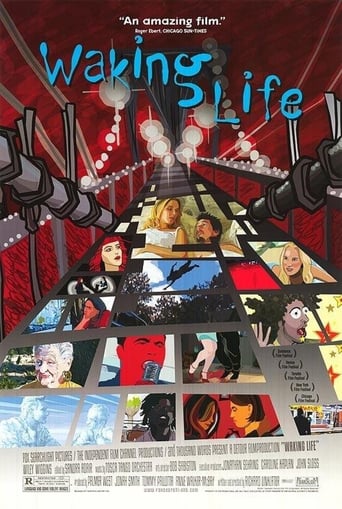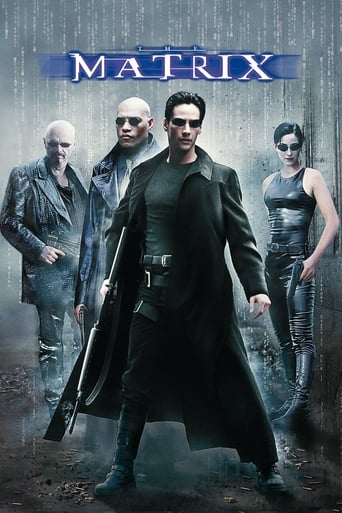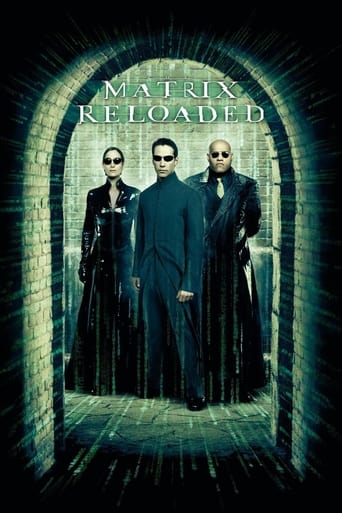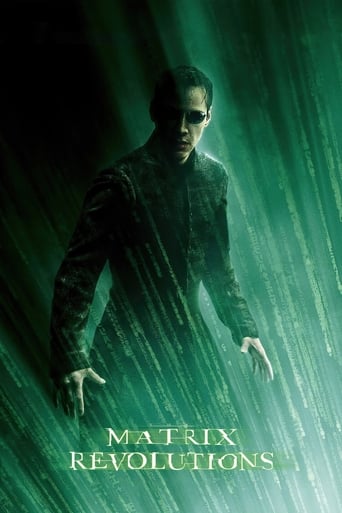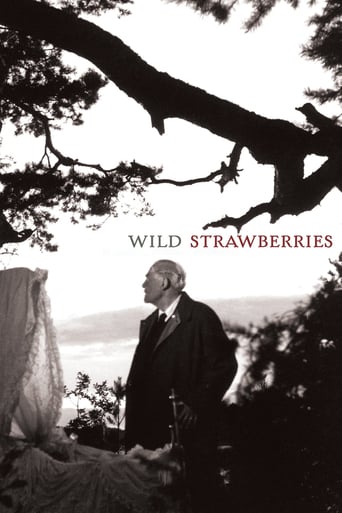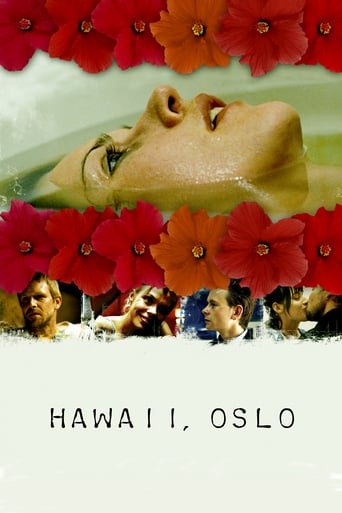
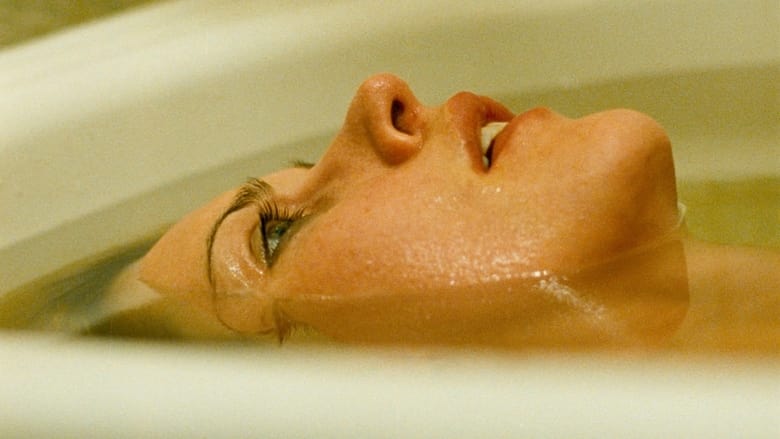
Hawaii, Oslo (2004)
Hawaii, Oslo is the story of a handful of people who cross each other's path without necessarily knowing each other, during the hottest day of the year, in Oslo. We follow Frode and Milla. They are having their first child, who they are told will not live long. We follow Bobbie-Pop, a faded singer who tries to commit suicide. We follow Leon, an institutionalized kleptomaniac who is loking for Åsa, to whom he has a ten year old deal to get married. We meet Leon's brother, Trygve, who fetches Leon at the institution to celebrate his birthday, but who himself has plans to use his leave from prison to run away. And most of all we meet the angel Vidar, Leon's best buddy at the institution, who sees things no one else can see, and who may be able to save everyone - except himself?
Watch Trailer
Cast
Similar titles
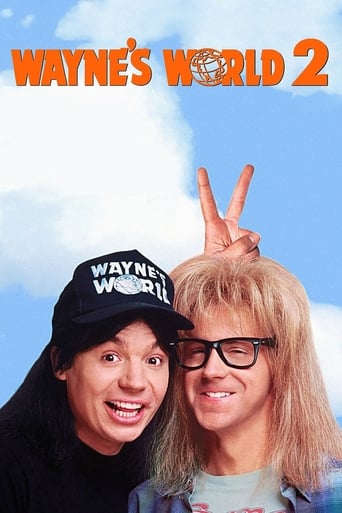
Reviews
Bad Acting and worse Bad Screenplay
It’s an especially fun movie from a director and cast who are clearly having a good time allowing themselves to let loose.
The acting in this movie is really good.
It's a feast for the eyes. But what really makes this dramedy work is the acting.
Erik Poppe's Hawaii, Oslo (2004) is a very advanced, and very sophisticated example of Cinematic Art. In fact, it is one of the very best films that I have ever viewed.The technical side of the film, the cinematography, the editing, and the lighting is quite remarkable. It all goes not only to make this film very visually beautiful, but is done in a way to effectively interface with the characters, and the storyline itself, as to enhance the dramatic qualities of the film as well.The character selection, and the storyline is very complex, and thought provoking. The storyline involves the lives of a small number of people in Oslo, Norway, and the storyline spans just one calendar day. But in the course of that day, we see this group of people, many of whom never even knew each other before this day began, forming new relationships, ending other relationships, and renewing yet other relationships. All this happens in a spatial / temporal matrix where the characters in this group cross paths, both literally and figuratively speaking, through the course of the day. The storyline does consist of a good dose of "coincidence", some of which does strain credulity . Yet Poppe is even able to make the most unlikely "coincidences" in this storyline believable through a well written, well thought out screenplay, effective dramatic performances by the whole cast, and with effective direction.Overall, in this film Erik Poppe displays a very deep and complex artistic vision, an artistic vision that he quite effectively brings to a tangible realization in a remarkable display of filmmaking ability.20 Stars !!!
Don't we all wish we had a guardian angel watching over us? The film Hawaii Oslo (Erik Poppe, 2004) explores this idea in an interesting way. The lives of ten different people in various tragic circumstances cross paths, centered around Vidar, a man who appears to be an angel. Vidar must try to stop the terrible things he has dreamed will happen, even if it means sacrificing himself. This film has something for just about everyone, with themes of love, loss, separation, brotherhood, and sacrifice. These themes come out through the plot, costumes, editing, and camera work. Before directing his first film, "Hawaii, Oslo", Erik Poppe worked as a cameraman; he clearly knows how to use a camera. The use of a hand held camera along with many close up shots makes the viewer feel close and connected to the characters, as though we are in Oslo with them. This is a film that can appeal to a wide audience, as it is relatable, touching, and entertaining. At the same time, those who love to pick apart film will find this one enjoyable, with many details and techniques to pay attention to.The film hints, and almost directly states that Vidar is an angel. Throughout the film, he wears a long sleeve white shirt. Right at the beginning of the film, Leon tells Vidar, "You're my guardian angel", and finds a feather falling off of him. A few scenes later, we see Vidar look in a mirror that has wings decorating the frame. He turns his back and for a second it looks like he has wings. He also regularly predicts the future through dreams and knows intimate details about people he has never met. In the end, he supernaturally changes places with Leon, and a few more feathers float off around him. All of the other characters (besides the delivery girl) seem authentically human, and all are in need of help. There are two sets of brothers in the film, whose lives have many compelling parallels. Within both pairs, the older brother is tougher and angrier, wears a red shirt, and wants to escape (from prison or from an orphanage). The younger brother is quieter, timid, and kind, wears a light tank top, and wants to stay where they are because of a woman (Asa or their mother). The older set of brothers, Leon and Trygve, have been separated for four years since Leon has been locked away in an institution and Trygve has been locked away in prison. The younger brothers, Mikkel and Magne, fear that they are about to be separated and "locked away" in separate orphanages since their father has died. Any viewer with siblings can probably relate to these characters, and understand their motivations. Both relationships are troubled, yet the brothers love each other. The theme of separation is also seen between Leon and Asa, who have been apart for 11 years. They made an agreement to marry if they were both still single at 25, so on Leon's birthday they finally reunite. Both are nervous and hesitant, but both seem hopeful in following through with their promise. It is easy to root for them, as they are both charming and sincere. At the same time, Mikkel and Magne are reunited with their mother, who has also been separated from them for 11 years. Both of these reunions do not go smoothly at first, but by the end, both end in love and acceptance. Another one of the themes in the film is death. Mikkel and Magne have recently lost their father. Mikkel believes he is to blame, but Vidar knowingly tells him it was not his fault. Although they don't know it, their mother has also just attempted suicide, but chooses to live once she learns of the fate of her sons. Meanwhile, Millon and Frode are devastated to learn that their newborn son has a rare heart defect that will kill him in a matter of days. This leads into the theme of sacrifice. When Frode learns there is a clinic in the U.S. that can perform an operation on their son for 900,000 kroner, he immediately goes home and sells all his worldly possessions. You can tell this is difficult for him, especially when he sells his prize guitar, but he is willing to give up anything to give his son a chance. A series of events leads to him finding a bag of money right when he has lost all hope. The couple agrees that they will take their chance with the operation. Vidar, in turn, makes the ultimate sacrifice. As he watches the events of his dream unfold he realizes there is only one thing he can do. We see Leon get hit by the ambulance, but then suddenly Vidar appears in his place. Leon is unscathed, and Vidar's last words are to tell Leon "I love you"; it is quite touching and sad. It is a tragic yet triumphant ending as everyone has ended up exactly where they needed to be. This award winning film will leave you thinking. The complexity, art, intelligence, and meaning in this film make it worth watching more than once.
Within the happenings of a twenty-four hour time period, the saying "what a small world" is perfectly captured by director Erik Poppe in this multi award winning film, Hawii, Oslo. The Norwegian film released in 2004 delivers a thrilling plot with a mix of people crossing each other's paths one way or another. Amongst multitude of events all happening during the sweltering hot 24-hours in Oslo, Poppe utilizes various creative filming techniques and intense, emotion-triggering music to make the viewer remember this day they watch on screen forever.We are introduced to Leon, a man living in an institution, waiting hopefully on his birthday for the arrival of Asa, the lady he promised to marry ten years back. While waiting for her arrival, Leon's brother, in prison for armed robbery, is allowed to go visit and celebrate the day with Leon. Though the prison puts trust in him to visit Leon, he has a secret plan to rob a bank and flee with his brother. As Asa makes her way to reunite with Leon she comes across two young boys, Magne and Mikkel, extremely lost in the world while processing their father's death and about to be separated by the foster care system, who steal her purse. Asa catches Magne, the younger of the two boys, and comes to find the disaster of an apartment and poor conditions the boys have been living in. A little later in the film, the boys' mother, whom recently attempted suicide, appears at the father's funeral because of the notice Magnus leaves her. We also encounter Frode, Milla, and their newborn son Aaron, who has a serious heart defect in need of an expensive surgery. Frode holds on to hope, as Milla has lost hers,and goes on a desperate search for 900,000 kroner to pay for a surgery. Frode unexpectedly crosses paths in a bank with Leon's brother and later in a park with Leon, ending up with the stolen money from Leon's brother's robbery. As extremely chaotic each of the characters lives unravels, each of them interacts with Vidar, a worker at the institution where Leon stays. While Vidar can foresee future events through the dreams he has, he is given insight into each of the people's lives we are following. While conflicted about whether what he knows is a part of reality or just a dream, he runs around Oslo attempting to save the people that might be in danger.From parts of the movie being filmed using a hand-held camera technique to the raw close-up shots on the faces of the actors during moments of pure intensity and emotion, Poppe flawlessly instills the emotion being portrayed on screen within the audience members. The hand-held camera shots made me feels as if I was one with the event occurring on the screen. The close-up shots during extremely important events, from the reunion of Leon and Asa to the tragic death at the end, allow us to relate to the scene as if we were standing right there with the actors. Both of these techniques utilized by Poppe create such an important connection between the film and audience members.To further reflect the emotions shown on screen into the viewers, purposefully selected music complements the climaxes of many scenes. The music takes the place of much of the verbal exchange that would otherwise occur between characters. The replaced verbal interaction by music ultimately causes the thoughts of the actors up to interpretation by the audience member. The music sets up a certain mood that correlates perfectly with the scene that may not have been able to be achieved by solely verbal interaction between characters.With help of the camera techniques and music throughout Hawaii, Oslo, we see the character struggle to accept, uncover, and understand their various realities, as well as the search for the true meaning of sacrifice and acceptance. The way each character deals with either sacrifice or acceptance within the reality they are facing make the viewer realize the complexity of each situation that occurs on screen. While living in complete truth and acceptance of ones reality may seems easy, we are able to see and experience the struggle it really takes through the characters in Hawaii, Oslo.Among the multitude of incredible aspects Poppe's multiple award winning film, Hawaii, Oslo incorporates, the filming techniques to the intense character-audience connection are some of the most influential parts of the film. These aspects allow the chaotic day in Oslo to impact the viewer as if they were standing in the exact scene. Hawaii, Oslo is a film you will want to see, if not for the creatively constructed piece of art Poppe has put together, but to see how small a world could really be.
Erik Poppe created a masterpiece with this work. Wonderful characters fill this brilliantly shot film. The intertwined stories are a common enough device, but they work particularly well in this movie. Each of these diverse characters is so well developed that I would watch a film built around any of them with great interest. It has become my "go to" DVD when I am in need of a powerful film to lift a sagging soul. I give it the highest possible compliment when I call it Steinbeckian. A Steinbeckian film to me is one where the humanity of all the characters, no matter how evil their actions, is on view. Empathy is generated where other films will often resort to caricature. The tension in this film leaves my heart pounding every time I watch, knowing full well what happens next. At the same time I see new nuances every time I watch it. You know, I may just pop it in the machine right now.
